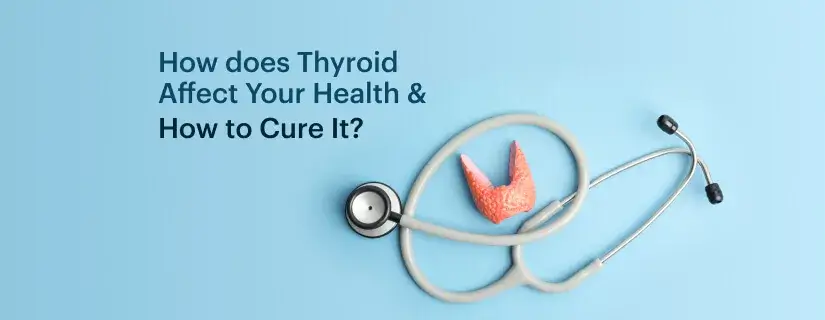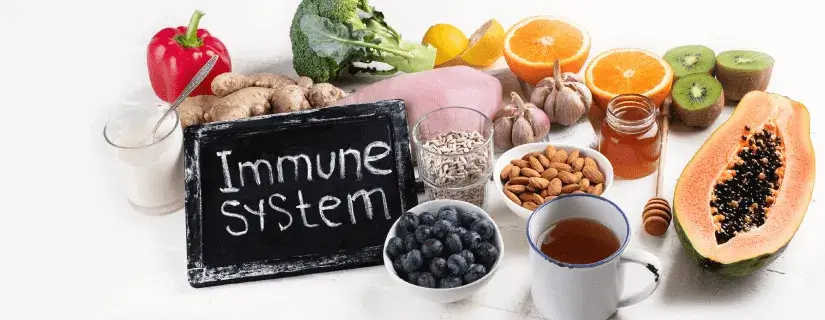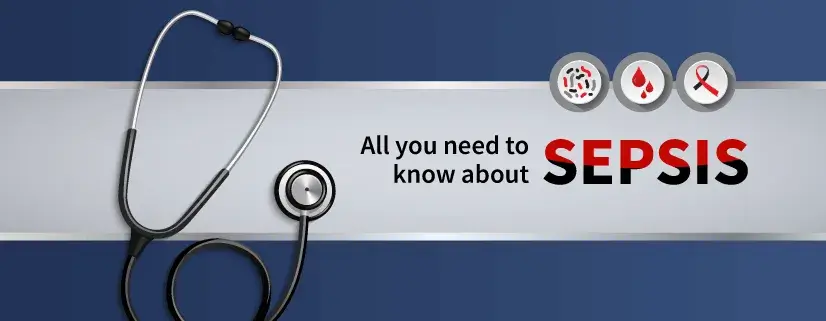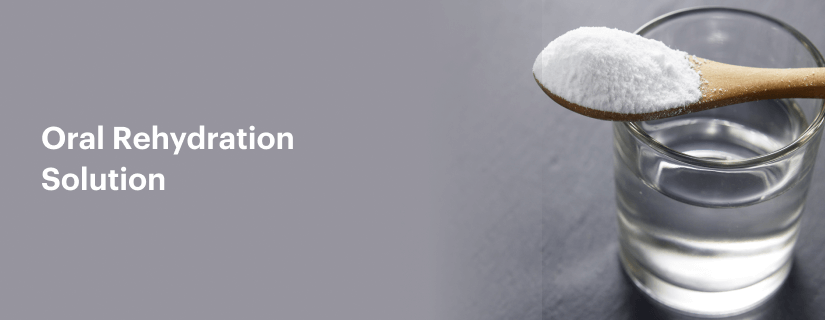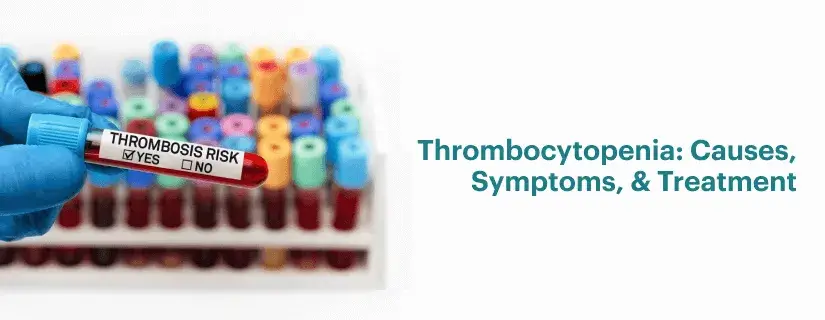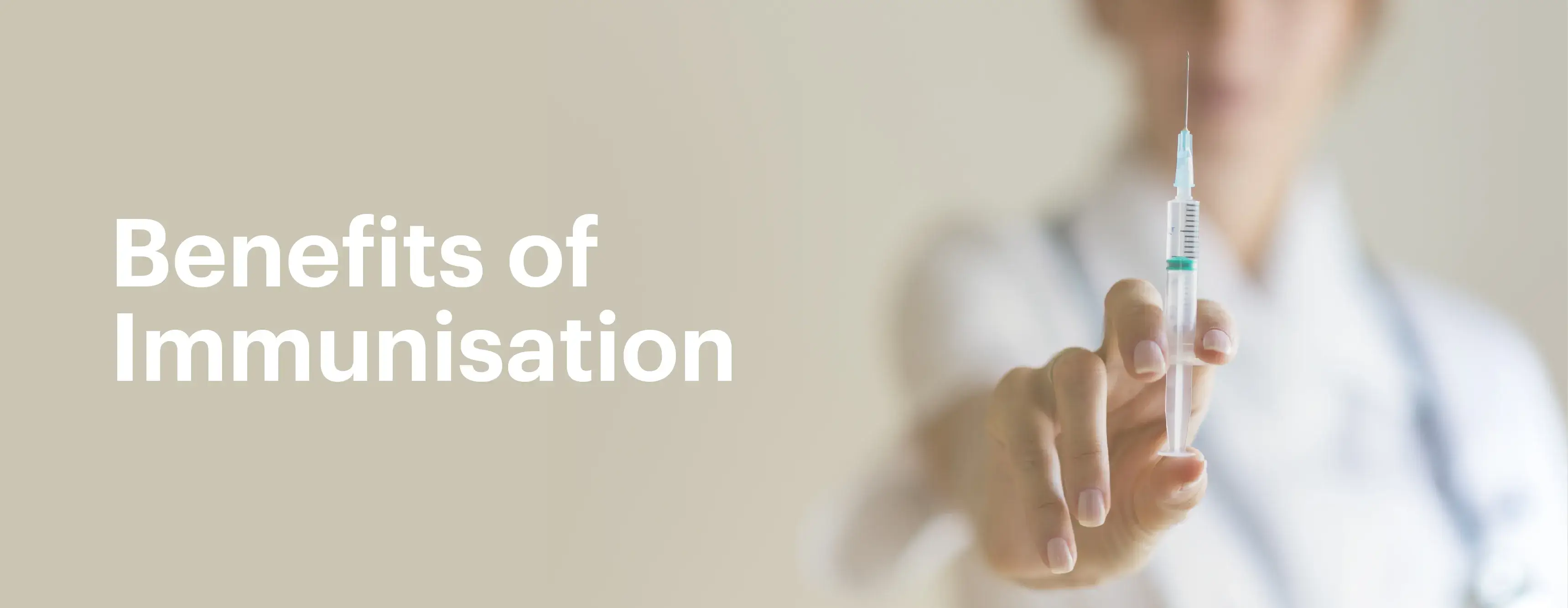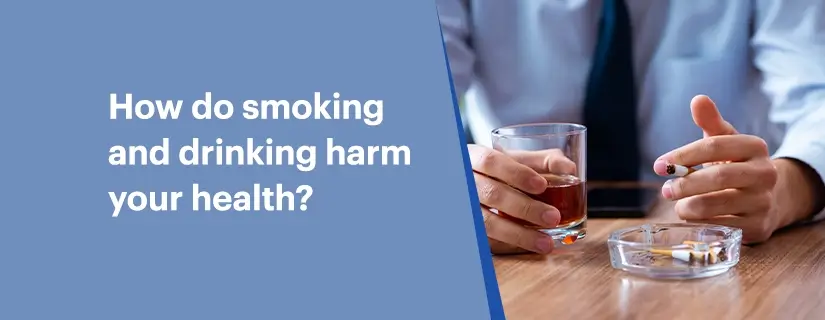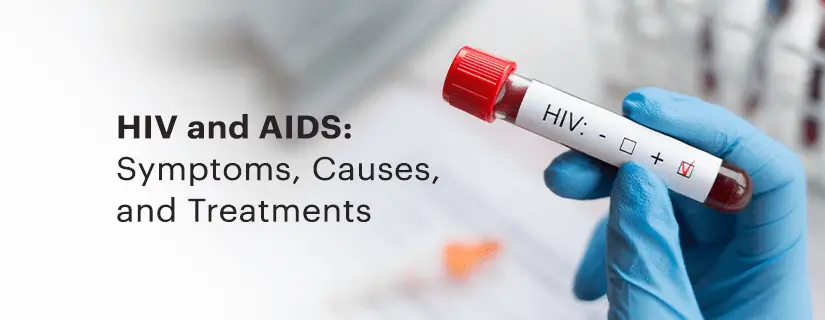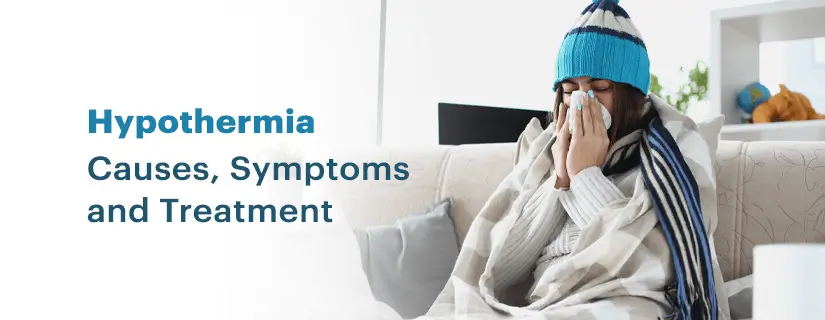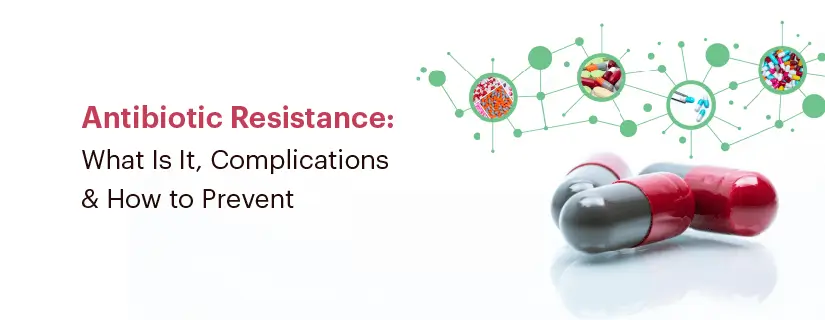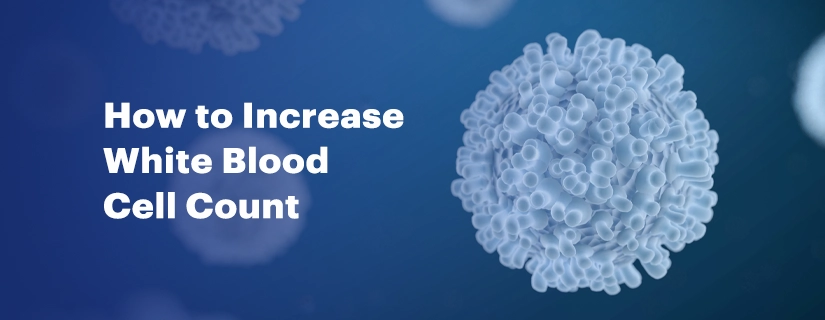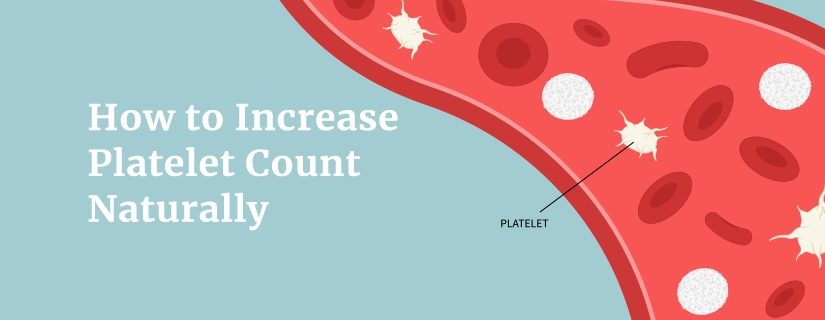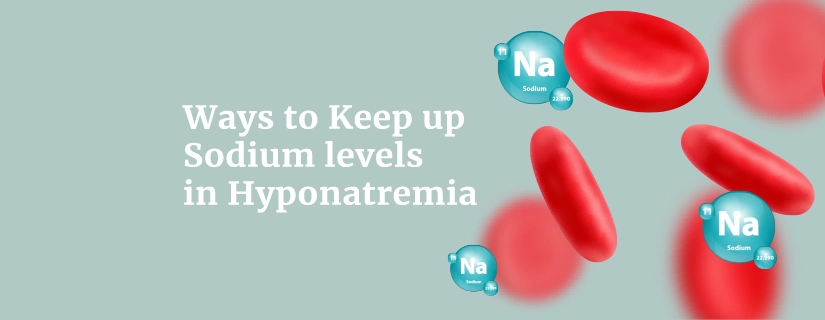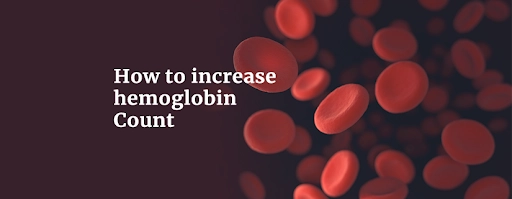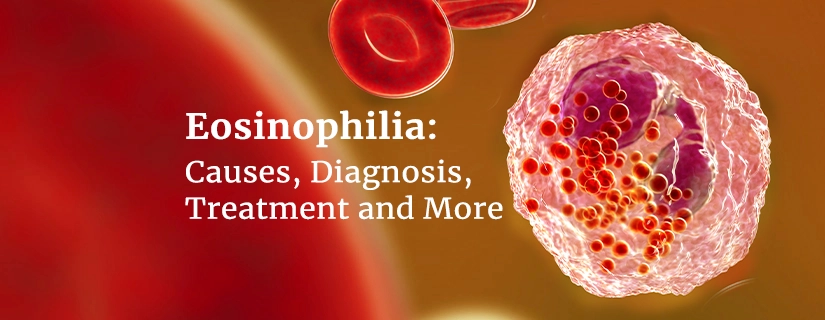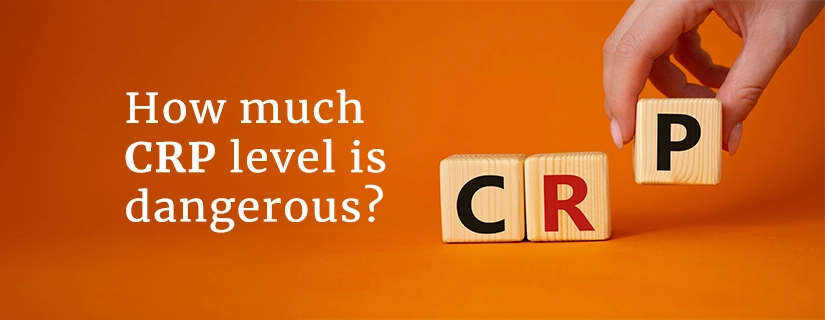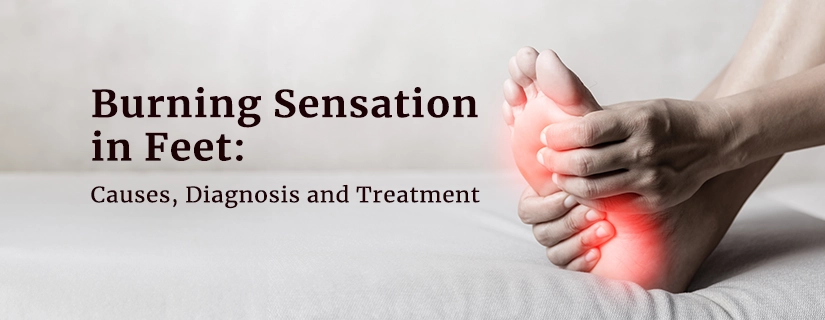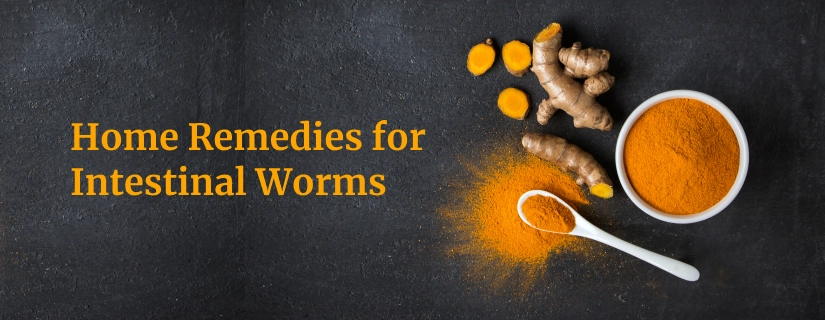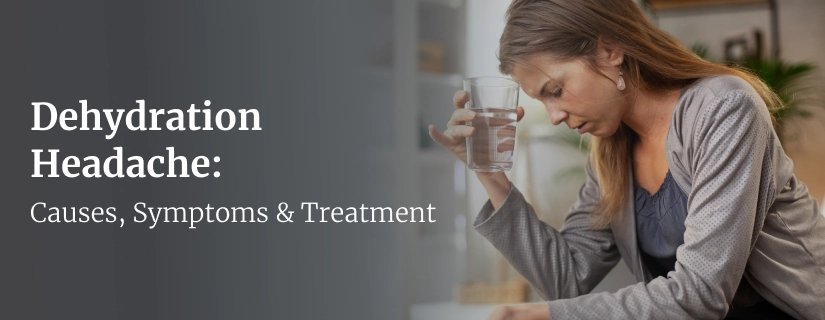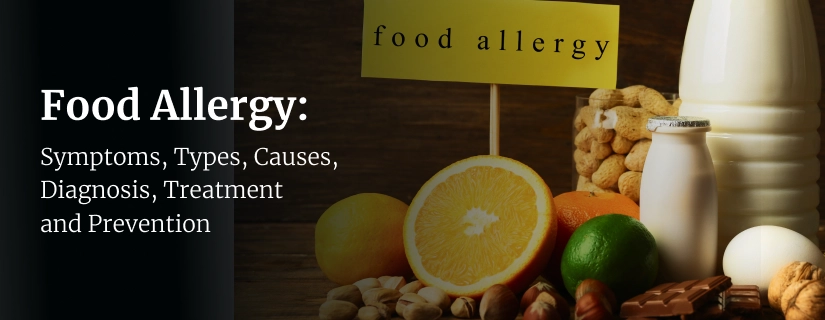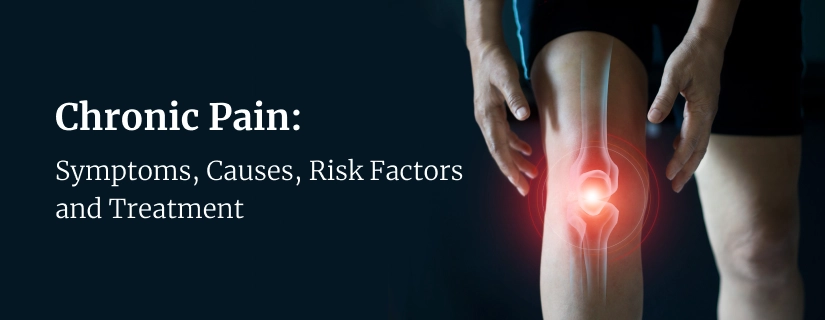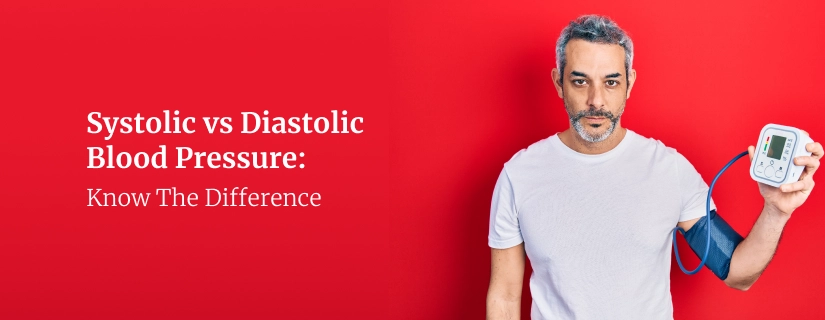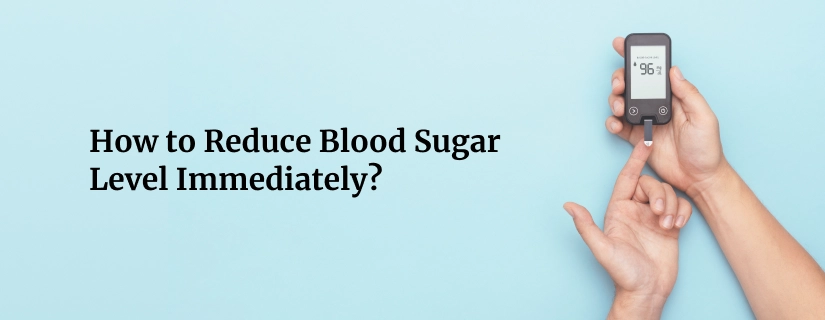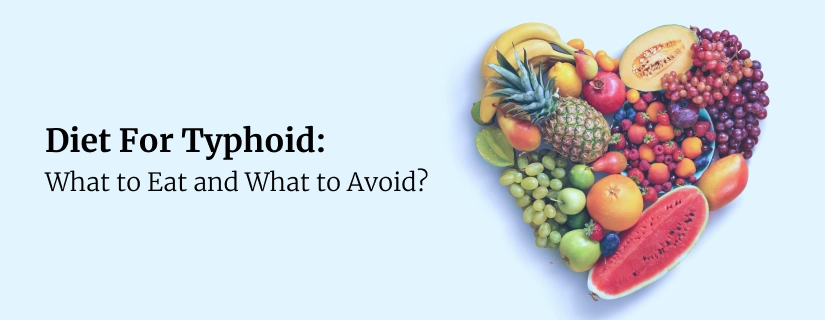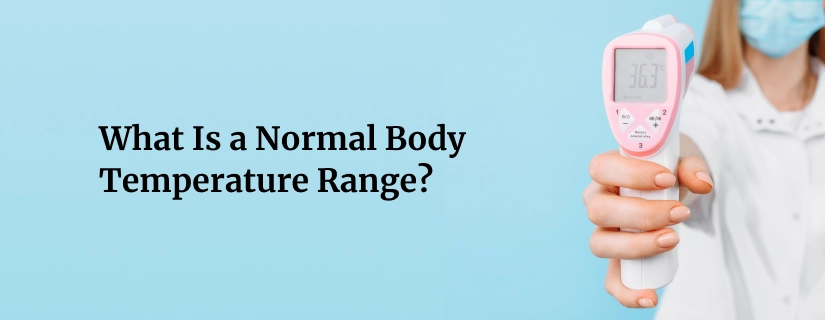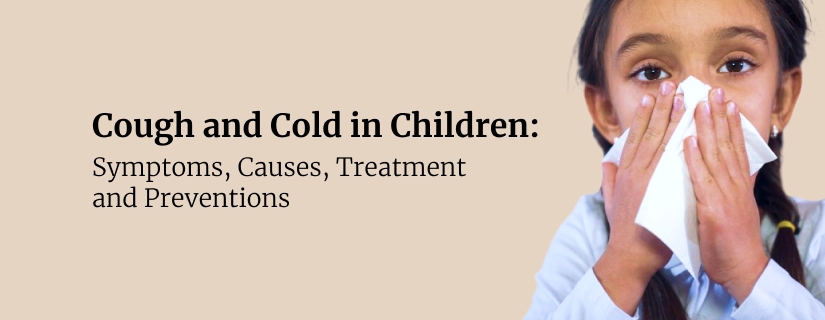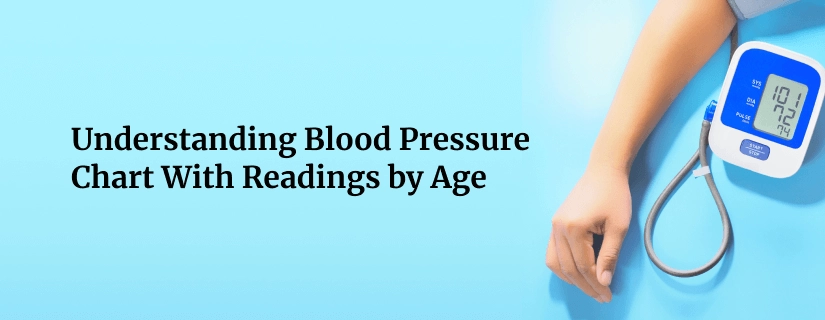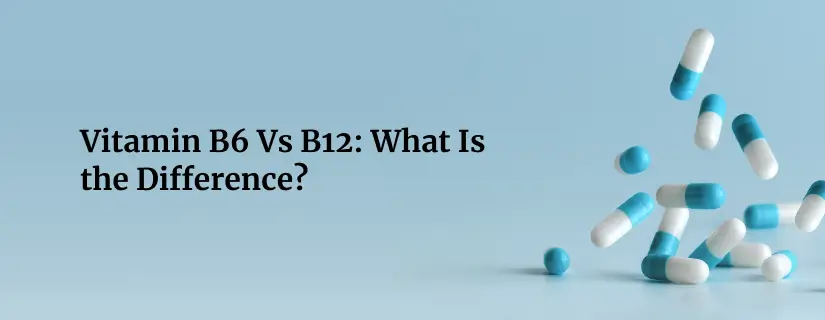-
Doctors
-
Specialities & Treatments
Centre of Excellence
Specialties
Treatments and Procedures
Hospitals & Directions HyderabadCARE Hospitals, Banjara Hills CARE Outpatient Centre, Banjara Hills CARE Hospitals, HITEC City CARE Hospitals, Nampally Gurunanak CARE Hospitals, Musheerabad CARE Hospitals Outpatient Centre, HITEC City CARE Hospitals, Malakpet
HyderabadCARE Hospitals, Banjara Hills CARE Outpatient Centre, Banjara Hills CARE Hospitals, HITEC City CARE Hospitals, Nampally Gurunanak CARE Hospitals, Musheerabad CARE Hospitals Outpatient Centre, HITEC City CARE Hospitals, Malakpet Raipur
Raipur
 Bhubaneswar
Bhubaneswar Visakhapatnam
Visakhapatnam
 Nagpur
Nagpur
 Indore
Indore
 Chh. Sambhajinagar
Chh. SambhajinagarClinics & Medical Centers
Book an AppointmentContact Us
Online Lab Reports
Book an Appointment
Consult Super-Specialist Doctors at CARE Hospitals
Understanding Cholesterol: Here’s All You Need to Know
Updated on 5 July 2019

We live in a world where heart health is increasingly becoming important. To stay healthy and active we need to understand the basics of heart health and read our blood reports with some level of understanding. While we regularly discuss our blood cholesterol levels, we do not know what it is exactly or what types of cholesterol are good for us. In this blog, we'll discuss how cholesterol levels are calculated and how to reduce cholesterol.
What is Cholesterol?
Cholesterol is a waxy fat-like substance in the blood that is produced by the liver and is also found in animal products such as meat, dairy products, and eggs. While very high cholesterol can be harmful it is important to remember that cholesterol is also essential because it is needed for a number of important functions such as proper digestion of food, absorption of fat-soluble vitamins, and production of certain hormones. It is not important to ingest cholesterol as a nutrient because the body is capable of producing all the cholesterol it needs.
HDL and LDL
While we generally tend to think of all cholesterol as bad, it is important to understand that there are two types of cholesterol and both are not harmful to our health. The HDL (high-density lipoprotein) is usually referred to as good cholesterol and LDL (low-density lipoprotein) is referred to as bad cholesterol. Lipoproteins are small parcels of fats bound by a protein that is carried around the body through blood. The HDL is the lipoprotein that carries cholesterol to the liver to be eliminated from the body. LDL, on the other hand, can lead to plaque build-up in the arteries, clogging them and ultimately leading to a stroke or a heart attack. The higher the HDL levels and the lower the LDL levels in your blood, the healthier you are. Apart from HDL and LDL, there are triglycerides, another form of fatty substance in the blood that increases the risk of developing heart diseases.
How are cholesterol levels calculated?
Cardiologists usually use a blood test called a lipid panel or lipid profile to calculate the total cholesterol, LDL, HDL, and triglycerides levels in the blood. People with high levels of LDL and triglycerides and low HDL or with high-risk factors may require this test every few years. Ideally LDL levels should be kept below 130 milligrams per deciliter of blood and HDL levels above 40 milligrams per decilitre. These numbers may vary according to age and other factors, though.
How can we control blood cholesterol levels?
There are a number of factors that affect total cholesterol levels in the blood. Hereditary factors apart from diet, weight, smoking, and physical activity can be some important factors.
Diet
Consuming a lot of processed foods and saturated fats such as deep-fried foods, baked goods, and meats increase the LDL and triglyceride levels and should be avoided.
Weight
Obesity is a major risk factor when it comes to heart diseases. Maintaining an ideal weight will keep the LDL and total cholesterol levels in check.
Smoking
Smoking decreases the HDL levels and this, in turn, contributes to high levels of LDL in the blood. If you smoke it is important to seek help with quitting.
Physical activity
Being physically active helps lower LDL levels and boost HDL levels in the blood.
For further assistance, you should also consult experts from the best weight management hospital in India.

ENQUIRY FORM
SELECT CATEGORIES
-
Neurosciences (16)
-
Neurology (37)
-
Neurosurgery (14)
-
Orthopaedics (48)
-
Oncology (33)
-
Obstetrics and gynecology (52)
-
Pulmonology (23)
-
Urology (20)
-
Nephrology (13)
-
Psychiatry (7)
-
Dietetics and Nutrition (111)
-
General Medicine (63)
-
Cardiac Sciences (32)
-
Vascular & Endovascular Surgery and Interventional Radiology (15)
-
Gastroenterology (46)
-
Endocrinology (23)
-
Plastic Surgery (10)
-
Critical Care Medicine (5)
-
COVID-19 (16)
-
Dermatology (16)
-
Emergency Care (1)
-
Ophthalmology (4)
-
Pediatrics (14)
-
Laparoscopic and Bariatric Surgery (8)
-
ENT (15)
-
Kidney Transplant (1)
-
Liver Transplantation and Hepatobiliary Surgery (5)
-
General Surgery (3)
-
Internal Medicine (5)
-
Medicine Information
Dengue Fever: Symptoms, Diagnosis, Treatment and Prevention
YOU MAY ALSO LIKE
RECENT BLOGS
-

Preterm Birth (Premature Birth): Symptoms, Causes, Treatment and Prevention
13 May 2025
Read More
-

Rotablation Angioplasty: Benefits, Treatments, And Recovery Time
9 May 2025
Read More
-

What Is The Difference Between IUI and IVF?
9 May 2025
Read More
-

Venous Malformations: Causes, Symptoms, and Treatment
30 April 2025
Read More
-

Varicose Vein Foam Sclerotherapy: Treatment, Benefits, and Procedure
30 April 2025
Read More
-

Radiofrequency (RF) Ablation Treatment for Varicose Veins: Know More
30 April 2025
Read More
-

Varicose Vein Sclerotherapy: Treatment, Benefits, and Procedure
30 April 2025
Read More
-

Varicose Vein Endovenous Laser Ablation: Procedure, Benefits, Risks
30 April 2025
Read More
Have a Question?
If you cannot find answers to your queries, please fill out the enquiry form or call the number below. We will contact you shortly.











